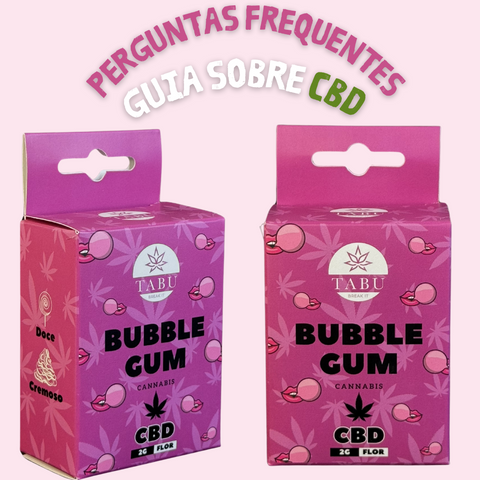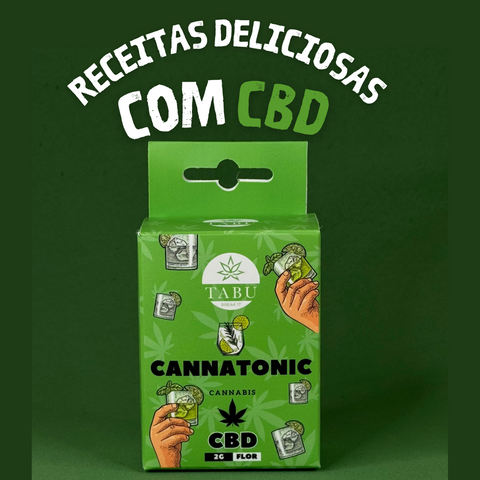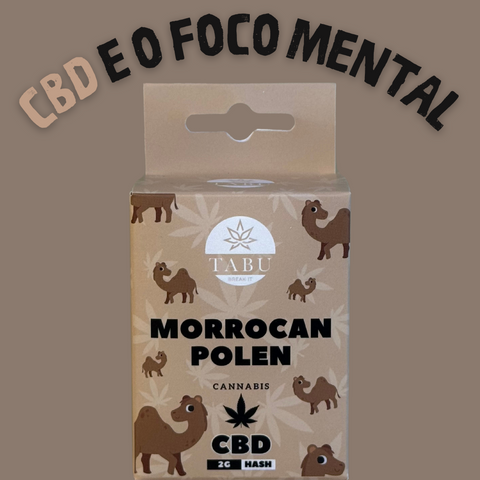This guide offers clear answers about CBD, covering everything from its definition and how it works in the body to its legality, available varieties, and even its impact on drug testing. A complete overview to better understand this compound and its role in health.
- What is CBD?
CBD, or cannabidiol, is one of many compounds known as cannabinoids found in the cannabis plant. It is mainly extracted from hemp, a variety of cannabis with low levels of THC, the plant's best-known psychoactive compound. CBD is distinct from THC because it does not cause the psychoactive effects associated with being high, but is recognized for its therapeutic properties and potential to promote well-being.

2. What Are Cannabinoids?
Cannabinoids form a class of chemical compounds that engage with our endocannabinoid system, influencing its functioning.
There are three main categories of cannabinoids:
- Phytocannabinoids, extracted from plants
- Endocannabinoids, naturally produced by our body
- Synthetic cannabinoids, created in the laboratory
Our body generates two main endocannabinoids, anandamide and 2-AG, while the cannabis plant is responsible for approximately 113 distinct phytocannabinoids. At the same time, there are thousands of synthetic cannabinoids.
Although all cannabinoids interact with the endocannabinoid system, each exhibits unique characteristics and specific effects on the human body.
- How does CBD work in the body?
CBD interacts with the body's endocannabinoid system (ECS), a complex communication system between neurotransmitters and receptors found in the central and peripheral nervous system. It influences cannabinoid receptors in the ECS, helping to regulate various bodily functions such as pain, mood, sleep, appetite and immune response.

- What are the benefits of CBD?
CBD can offer a variety of health benefits. These include relieving stress and anxiety, reducing pain and inflammation, improving sleep, and supporting mental health issues such as depression and mood disorders. It also improves menstrual pain, with evidence that indicates its potential to treat neurological conditions such as epilepsy and neurodegenerative diseases.
- Is CBD legal?
The legality of CBD varies considerably depending on the region and source of the substance. In many countries, CBD derived from industrial hemp, with a low THC content, is legal, but it is essential to check local laws before purchasing or using CBD products.
In Portugal: “CBD is legal for medicinal use. It can also be purchased and consumed without a prescription, as long as the amount of THC (the psychotropic substance) is less than 0.2%.”
- Are there different forms of CBD? What is the difference between them?
Yes, there are different forms of CBD, including:
- Full-spectrum CBD: Contains all compounds present in the cannabis plant, including other cannabinoids, terpenes and traces of THC (generally in legally permitted amounts).
- Broad-spectrum CBD: Similar to full-spectrum, but without the THC. It also contains other cannabinoids and plant compounds.
- Isolated CBD: It is purified and contains only CBD, without other plant components.
- Is CBD detected in drug tests?
Drug tests typically look for THC, the psychoactive component illegal in most of the world, not CBD.
CBD is legal in most countries and does not cause psychotropic effects. Therefore, it is very unlikely that a drug test will be looking specifically for CBD.
Most CBD oils are made from CBD isolates, which have no detectable amounts of THC. Therefore, it is very unlikely that a drug test will result in a positive result due to the consumption of these oils.
Some CBD oils are made from full-spectrum extracts, which contain less than 0.2% THC (the legal limit in Portugal and the EU). Even so, it is highly unlikely that they will result in a positive drug test, although there is a small possibility. For greater peace of mind during drug tests, opt for products made with CBD isolates, which guarantee the complete absence of THC.
However, due to previous experiences of TABU customers who have already carried out the test and there were no positive results.
https://orthoinfo.aaos.org/en/treatment/cannabidiol-cbd-faq/





Comments (0)
There are no comments for this article. Be the first one to leave a message!